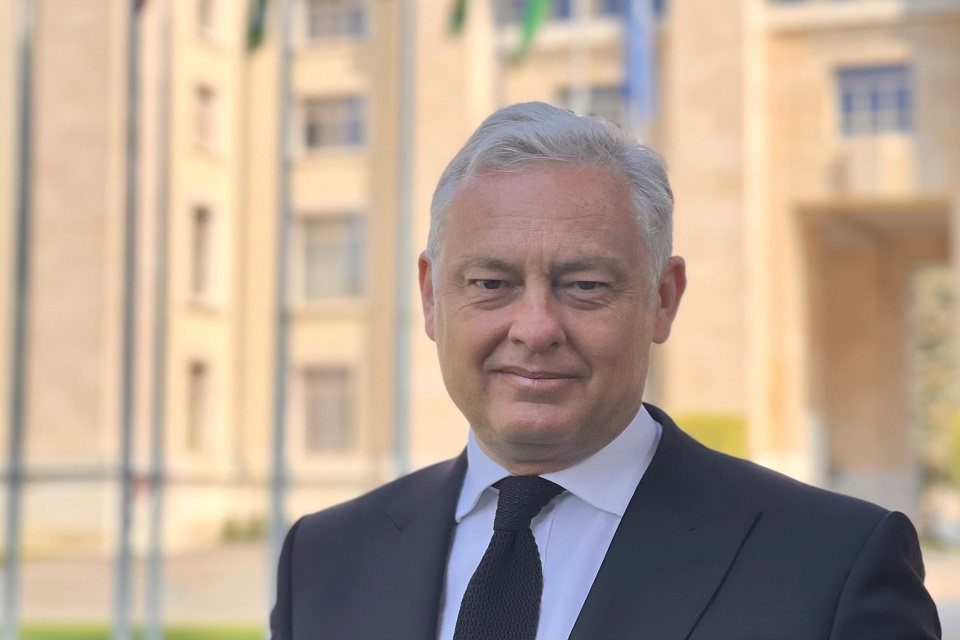UN Human Rights Council 49: UK Speak out on China’s Colonial Boarding School
On March 21, 2022, the UK Mission to the UN in Geneva delivered their Item 4 statement to the 49th regular session of the UN Human Rights Council and became the first country to speak out on China’s colonial boarding schools in Tibet.
Ambassador Simon Manley, UK Permanent Representative to the UN in Geneva, delivered the statement outlining concerns about human rights violations in Russia, China, Afghanistan and Egypt. One paragraph of the statement focused on China’s vast system of colonial boarding schools: “The situation in Tibet remains of deep international concern, including new reports of boarding schools being used to further erode cultural, linguistic and religious identity.”
The UN Human Rights Council met from February 28 to April 1, 2022, and agenda item four is a chance for member states to raise issues that require the Council’s attention. It is highly significant that during a time of war in Europe and ongoing atrocities in other parts of the world such as Afghanistan and Egypt, Tibet figured highly on the UK’s agenda.
Speech
UN Human Rights Council 49: UK statement for the Item 4 General Debate
Ambassador Simon Manley, UK Permanent Representative to the UN in Geneva, delivered the UK’s Item 4 statement outlining concerns about human rights violations in Russia, China, Afghanistan and Egypt.
Thank you, Madam President,
Once again we condemn Russia’s illegal, unprovoked and barbaric invasion of Ukraine. The magnitude of the horrific suffering caused by Putin’s war of choice has made Russia’s actions an inevitable focus of this Session.
However, let me also highlight our concerns about human rights violations in other parts of the world.
We share the serious concerns repeatedly expressed about widespread violations in China. In Xinjiang, harrowing evidence continues to emerge of systematic violations. We welcome the ILO’s recent recommendations on labour practices. This issue will now rightly be on the agenda at the International Labour Conference in June. High Commissioner Bachelet must be granted fully unfettered access, and we look forward – like others – to her long-awaited report.
The situation in Tibet remains of deep international concern, including new reports of boarding schools being used to further erode cultural, linguistic and religious identity.
We also call on China to allow journalists to report without fear of arrest, harassment or reprisal.
In Hong Kong, China continues systematically to undermine rights and freedoms, in clear breach of the Sino-British Joint Declaration. The UK remains committed to holding China to its international commitments.
In Afghanistan, over six months since the Taliban take-over, we are deeply concerned about the human rights situation, particularly for women and members of minority groups, including religious minorities. The Taliban have said all girls will be able to return to school this week; this would be an important step forward. We also look forward to the appointment of the Special Rapporteur for Afghanistan during this Session of the Council.
Restrictions on Egyptian human rights defenders, including through the use of terrorism charges, extended pre-trial detention, travel bans and asset freezes, remain concerning. The number of media websites blocked in Egypt is also worrying. The UK calls on Egypt to protect independent civil society under the NGO law, and to improve prison conditions.
Finally, we have raised our concerns about Sudan, South Sudan, Syria, Myanmar, Venezuela and Belarus in other statements to this Council.
Thank you very much Madam President.Published 21 March 2022




Leave a Reply